It has been one year since many citizens with outstanding student loan balances rejoiced following President Joe Biden’s announcement of a plan to cancel up to $400 billion in student debt.
At the time, the Biden administration estimated that around 20 million Americans would see their student loan debt entirely wiped out, while over double that number of people would have benefitted from at least some debt relief.
Since the announcement on Aug. 24 2022, Americans have found that this policy is at least somewhat polarizing.
After enduring countless justifications for and against this massive cancellation of student debt, the decision ended up in the hands of the United States Supreme Court.
In an impactful turn of events for those struggling with student loan debt, the justices decided with a 6 to 3 vote that the Biden administration’s plan was an overstep of its power.
A Fresno State senior and political science major, Alan Nuno, shared his thoughts about the situation.
“Removing the burden of that debt from so many people was going to allow so many people to be able to take steps forward in life,” Nuno said.
Nuno mentioned how many people have argued that the cancellation of debt from student loans is unfair to those who have already paid off their loans.
“It’s like saying no one can have this new anti-cancer drug because so many people have already tried chemo or radiation. It doesn’t make sense,” he said.
Just hours after the court ruling, the White House released a statement detailing the administration’s plan going forward. The statement said that President Biden and his administration had already taken two more steps aimed at providing some debt relief to those with student loans.
The press release announced the first step as an “alternative path” to a similar goal of debt relief using a different legal basis known as the Higher Education Act. This means that the administration will push forward and try to accomplish the debt cancellation using a different set of laws as justification.
The second step outlined was the creation of the SAVE plan, which is an income-driven repayment plan. President Biden deemed this plan “the most affordable student loan plan ever,” due partially to the fact it calculates your payments using your family size and your income, as opposed to your loan balance, according to the press release.
The proposed plan will even adjust the loan payments of some qualifying people to as low as “0 per month,” according to the White House press release. This means that some individuals who have low enough incomes will not have to make monthly payments on their student loans under this plan.
While there does appear to be a plan to continue to try to cancel student debt going forward, no one knows if it will be struck down by the United States Supreme Court or if it will face some other legal adversity that halts its progress.
When it comes to the local community, it is not just Fresno State students who have opinions about this situation. Christian Stroude, a recent UCLA graduate who now works locally as a substance abuse counselor is still trying to pay off his student loans more than three years after his graduation.
“It’s not a great feeling, but it is what it is I suppose,” Stroude said when asked about the U.S. Supreme Court’s decision to block the initial debt relief plan.
At the current time, the best option for anyone currently worried about student loans is to look into the Saving on a Valuable Education SAVE plan. For more information on applying for this repayment plan, visit the Department of Education’s website here.
Interest will begin accruing on active student loans starting in September, and student loan repayments will begin again on Oct. 1.
An additional resource for California residents interested in finding out more about loan forgiveness eligibility or the SAVE plan can be found at the Department of Financial Protection and Innovation website. The frequently asked questions section of their website goes over a variety of options.




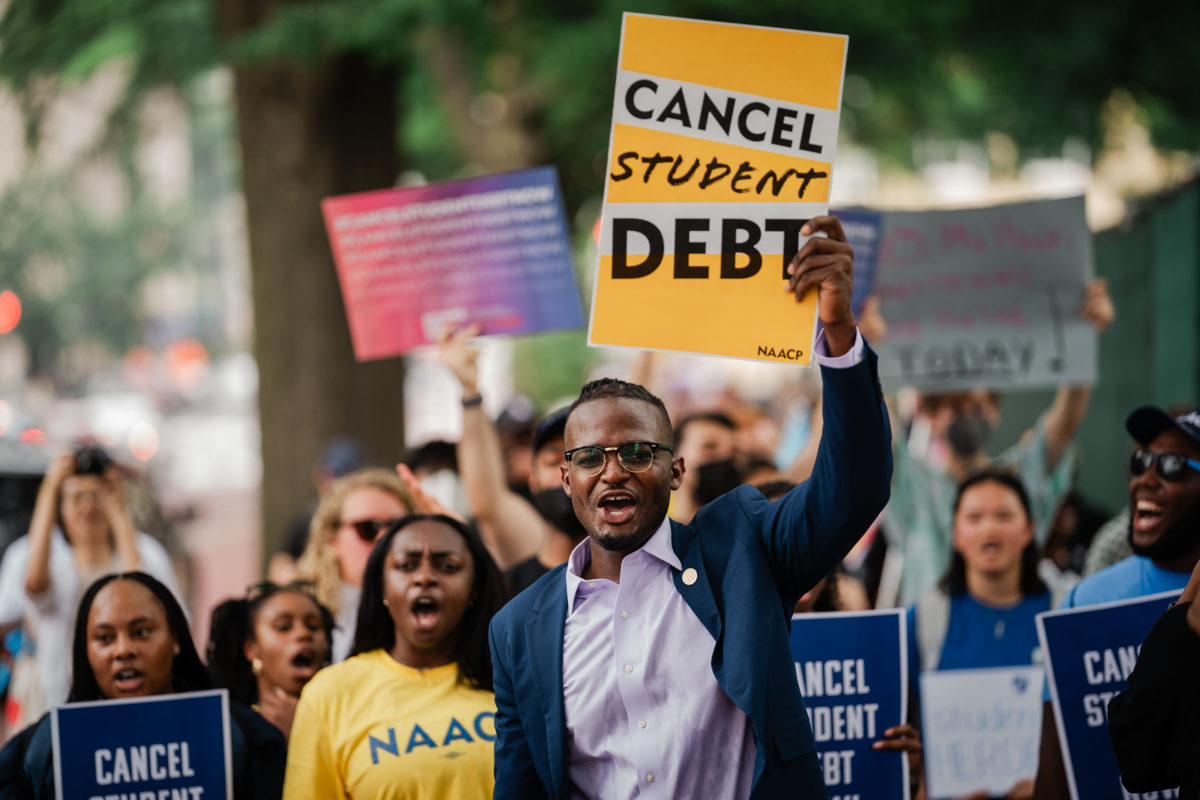



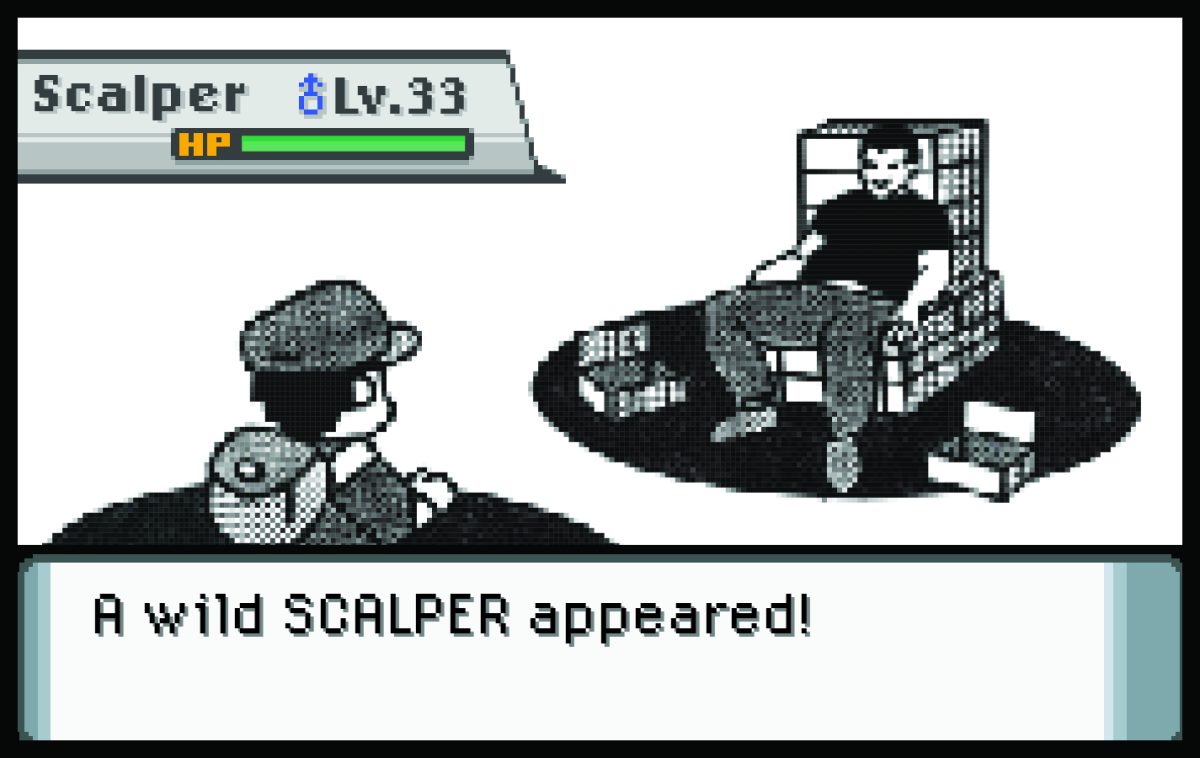

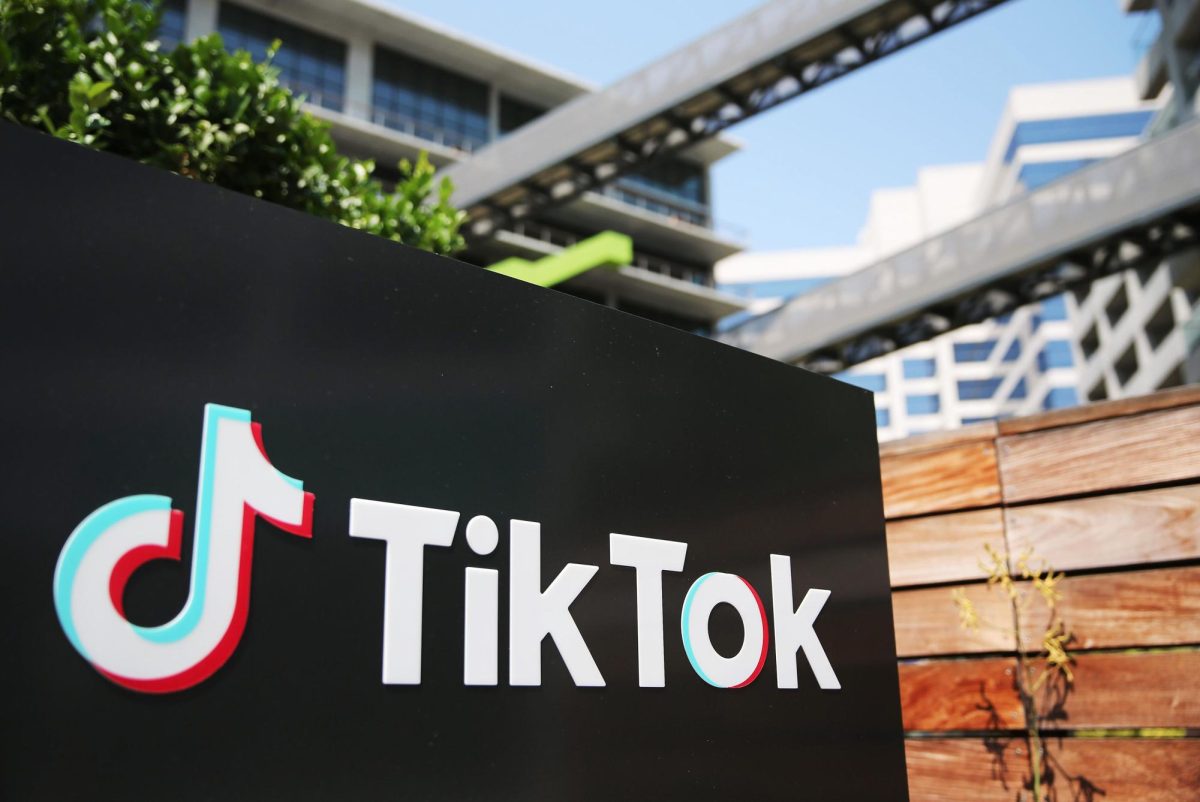
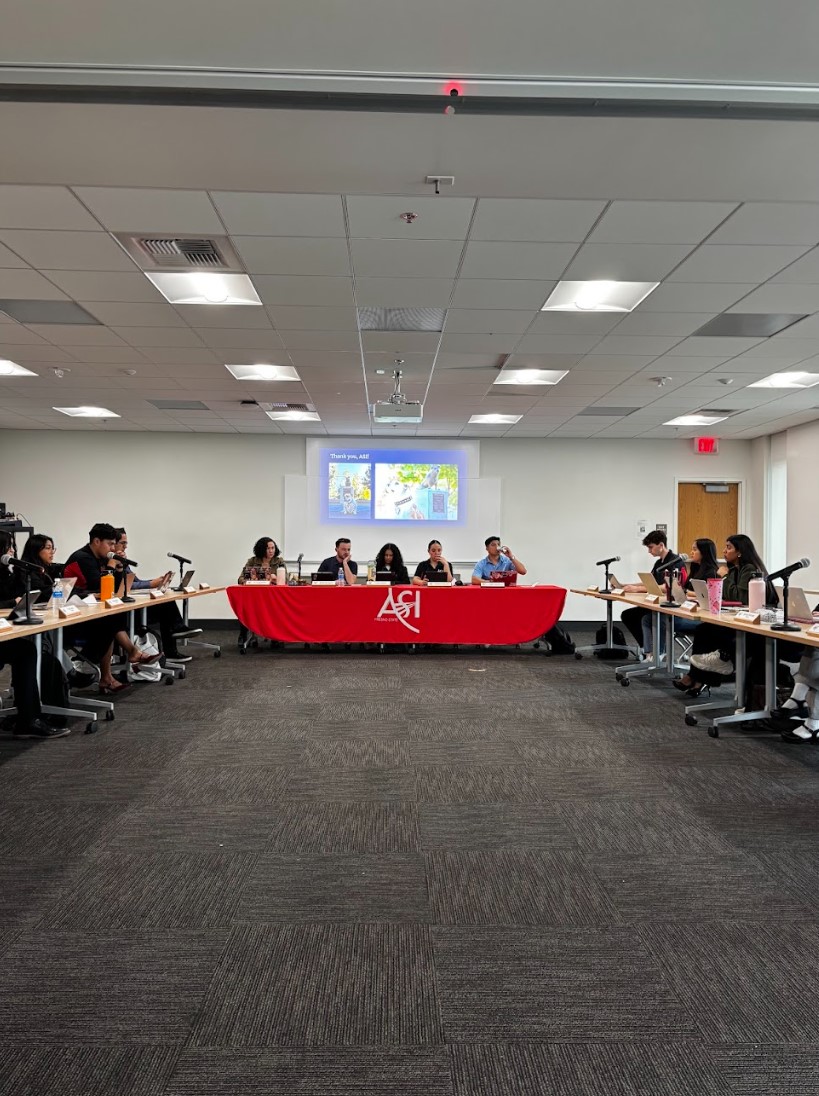
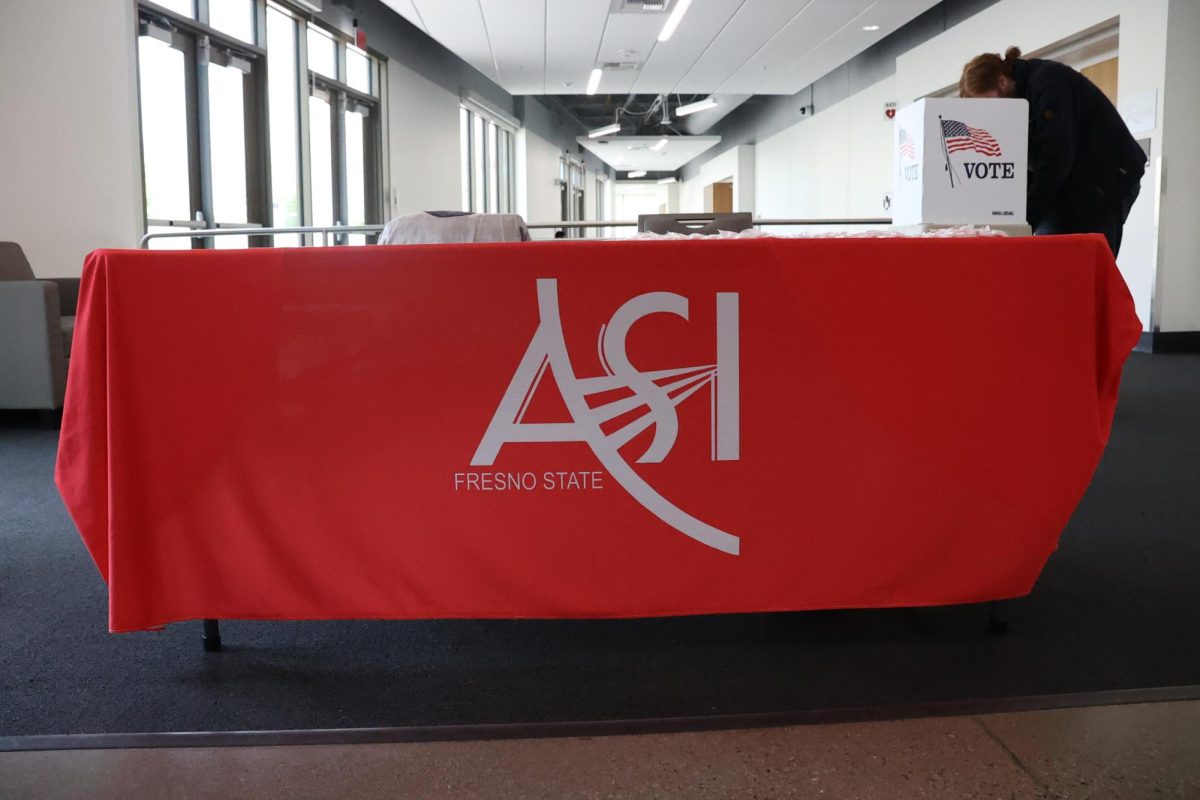
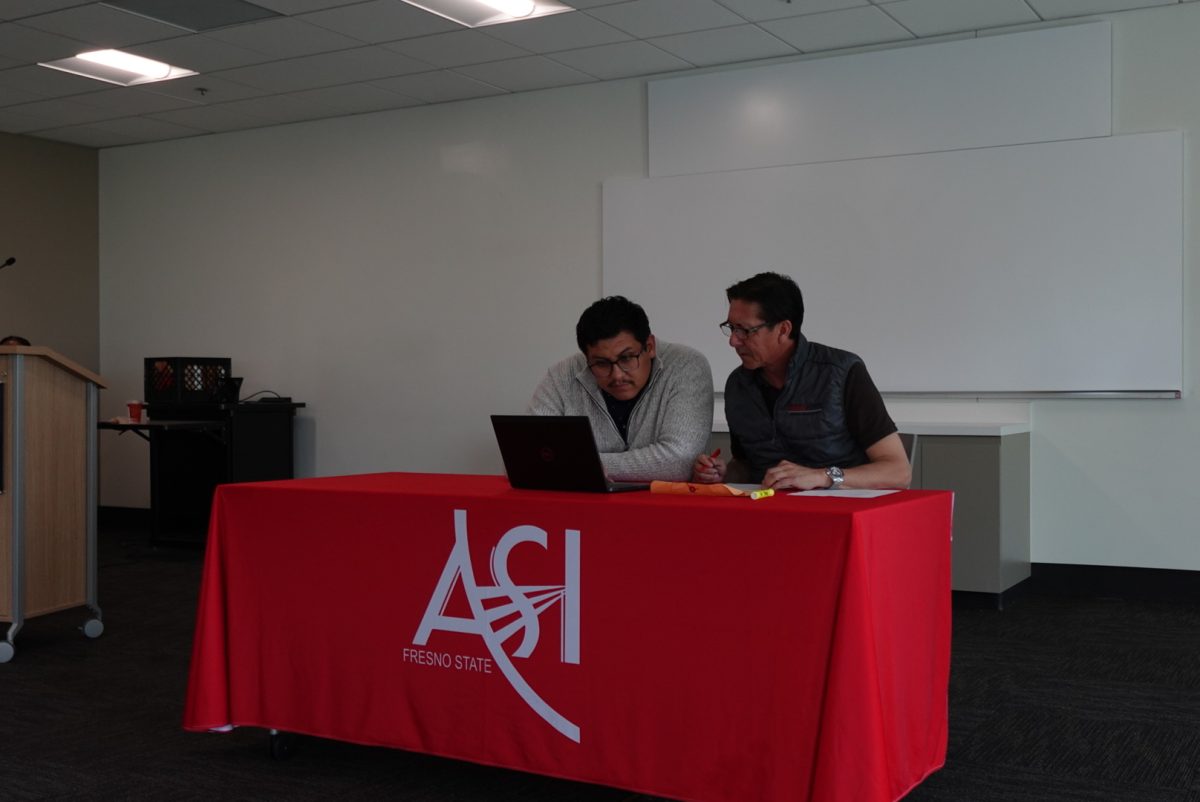

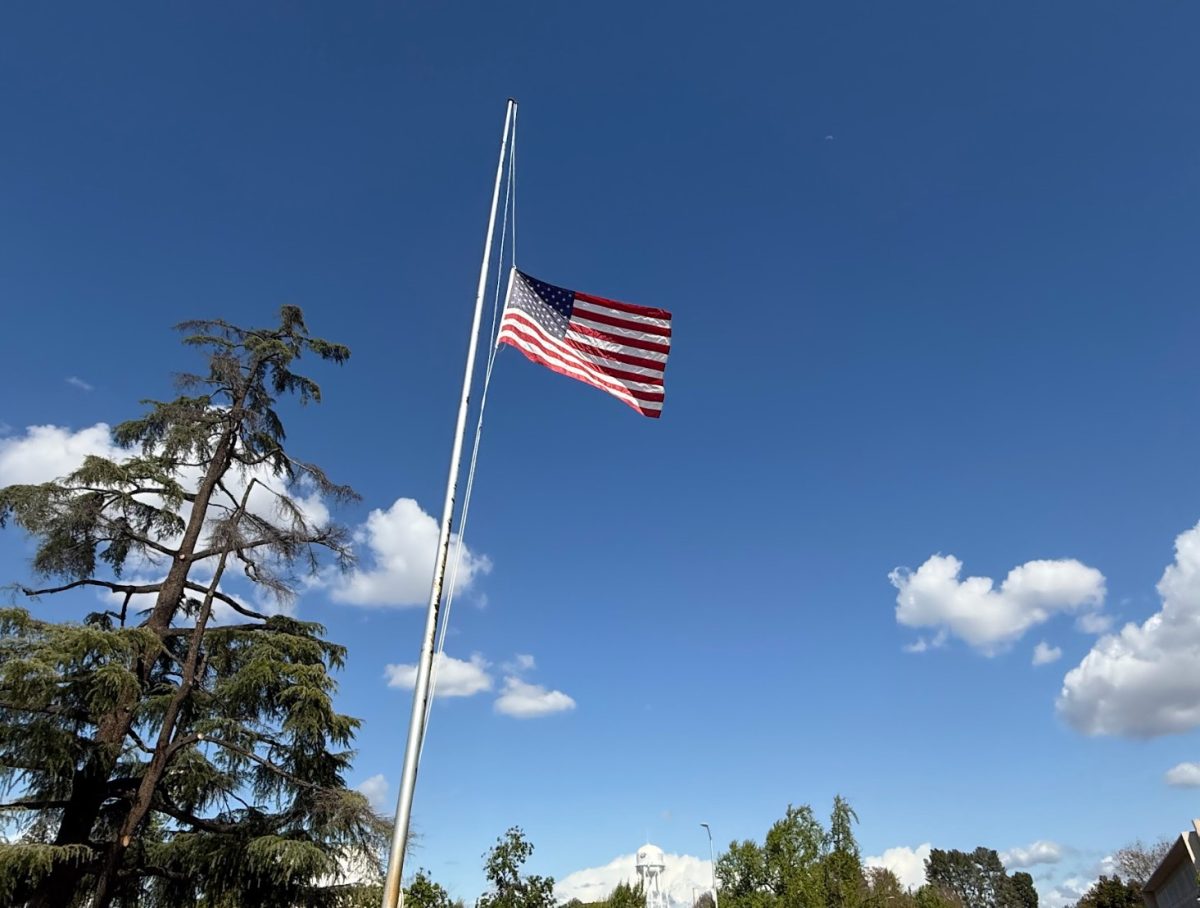
Tom • Sep 9, 2023 at 2:31 pm
If the person who took out the loan isn’t paying that loan back that means someone else is. Should this also apply to home loans and car loans? Any debt at all? People should be responsible for the debt they incur.